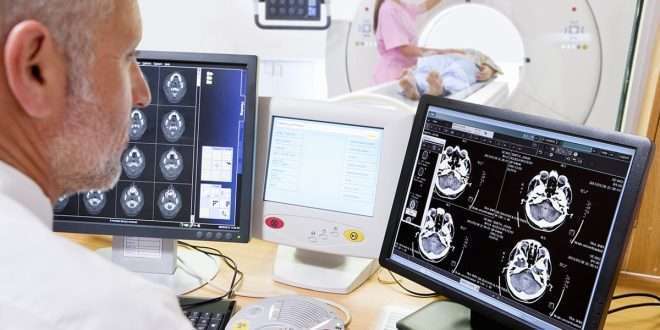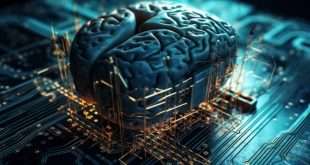In recent years, the healthcare industry has witnessed a remarkable transformation with the integration of AI-powered health tech. This cutting-edge technology has the potential to reshape how medical professionals deliver care, diagnose diseases, and improve patient outcomes. With the convergence of web technology and AI, the possibilities seem boundless. In this comprehensive blog, we delve into the ways AI-powered health tech is transforming the healthcare industry and explore the advanced web technologies behind this innovation.
The Rise of AI in Healthcare
AI’s integration into healthcare has opened up new avenues for diagnosis, treatment, and personalized care. Machine learning algorithms analyze vast amounts of medical data, aiding in early detection and accurate diagnosis of diseases. AI-driven medical imaging techniques have revolutionized radiology, improving accuracy and reducing human errors.
AI-Assisted Diagnostics and Treatment Planning
With AI algorithms, physicians can make data-driven decisions, leading to personalized treatment plans for patients. AI-driven predictive analytics help in identifying high-risk patients and intervening proactively, thus improving patient outcomes and reducing hospital readmissions.
AI-Powered Virtual Health Assistants
Virtual health assistants have gained popularity, offering 24/7 patient support and answering medical queries. These AI-powered assistants enable patients to access medical information, book appointments, and even receive medication reminders, enhancing patient engagement and convenience.
Web Technologies Fuelling AI in Healthcare
Web technologies play a crucial role in the seamless integration of AI in healthcare systems. Here are some of the key web technologies powering AI-driven health tech:
Cloud Computing
Cloud computing provides the necessary infrastructure to store and process vast amounts of medical data securely. It enables healthcare providers to access AI algorithms and tools from anywhere, facilitating remote patient monitoring and telemedicine.
Internet of Medical Things (IoMT)
IoMT devices, connected through the web, collect real-time patient data, enabling continuous monitoring and early detection of health issues. These devices help healthcare professionals make informed decisions and offer personalized care.
Big Data and Data Analytics
AI requires enormous datasets to train its algorithms effectively. Big data and data analytics help healthcare organizations collect, store, and analyze patient data to improve diagnostics and treatment effectiveness.
Natural Language Processing (NLP)
NLP allows AI systems to understand and interpret human language, making it possible for virtual health assistants to interact with patients conversationally and accurately process medical records.
Blockchain Technology
Blockchain ensures the security and integrity of medical records and transactions. It enhances patient data privacy and interoperability, enabling seamless sharing of medical information across healthcare providers.
Ethical Considerations and Data Privacy
As AI becomes more prominent in healthcare, ethical considerations regarding patient data privacy, bias in algorithms, and AI decision-making transparency become paramount. Striking a balance between innovation and ethical concerns is crucial for the widespread acceptance of AI-powered health tech.
Final Words
The amalgamation of AI and web technologies has ushered in a new era in healthcare. From AI-assisted diagnostics to virtual health assistants, the possibilities are limitless. Embracing these advancements responsibly can lead to improved patient outcomes, cost-effective healthcare, and a healthier world.
Commonly Asked Questions
Q1: How does AI improve medical imaging accuracy?
AI algorithms analyze medical images, highlighting anomalies that may be missed by the human eye, leading to more accurate diagnoses.
Q2: Can AI-powered virtual assistants replace human medical professionals?
AI assistants can enhance patient support and streamline administrative tasks, but they cannot replace the expertise and empathy of human healthcare providers.
Q3: Is patient data safe in the cloud?
Healthcare providers use robust security measures and encryption protocols to ensure patient data remains secure in the cloud.
Q4: What role does blockchain play in healthcare?
Blockchain technology ensures the secure storage and sharing of medical records, enhancing data privacy and interoperability.
Q5: How can AI-driven predictive analytics benefit patients?
AI-driven predictive analytics identify high-risk patients, enabling proactive interventions and improving patient outcomes.
 webfily
webfily



